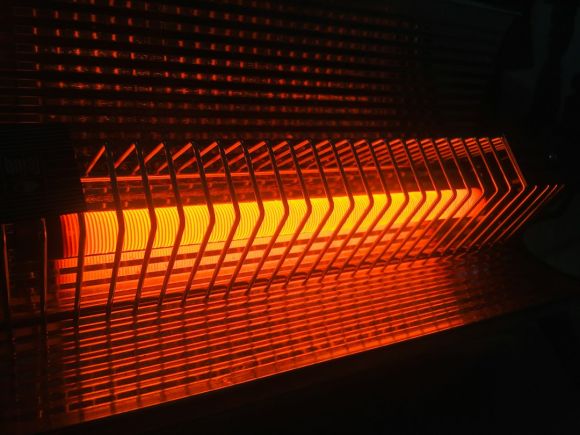Tankless water heaters have gained popularity in recent years as an alternative to traditional tank water heaters. But are they really worth the hype? In this article, we will explore the benefits and drawbacks of tankless water heaters to help you make an informed decision for your home.
How Do Tankless Water Heaters Work?
Tankless water heaters, also known as on-demand water heaters, provide hot water only when it is needed. Unlike tank water heaters that store and heat a large amount of water, tankless heaters heat the water directly as it flows through the unit. This means that there is no standby heat loss, resulting in energy savings.
Energy Efficiency: A Major Advantage
One of the main advantages of tankless water heaters is their energy efficiency. Since they only heat water on demand, they do not waste energy keeping a large tank of water hot at all times. This can lead to significant savings on your energy bills over time. According to the U.S. Department of Energy, tankless water heaters can be up to 34% more energy-efficient than traditional tank water heaters.
Endless Hot Water Supply
Another significant benefit of tankless water heaters is their ability to provide endless hot water. With a tankless system, you don’t have to worry about running out of hot water during a shower or while doing laundry. This can be especially advantageous for larger households or families with high hot water demands.
Space-Saving Design
Tankless water heaters are also known for their compact and space-saving design. Unlike tank water heaters, which can take up a considerable amount of space, tankless units are wall-mounted and require minimal space. This can be particularly beneficial for homes with limited square footage or those looking to maximize storage space.
Longer Lifespan
Tankless water heaters generally have a longer lifespan compared to traditional tank water heaters. While a tank water heater may last around 10-15 years, tankless units can last up to 20 years or more with proper maintenance. Although the initial cost of a tankless water heater may be higher, the longer lifespan can make it a worthwhile investment in the long run.
Higher Upfront Cost
One of the primary drawbacks of tankless water heaters is their higher upfront cost. Compared to tank water heaters, which are generally less expensive to purchase and install, tankless units can be significantly pricier. However, it’s important to consider the long-term savings in energy costs and the extended lifespan when evaluating the overall value of a tankless system.
Installation Considerations
Installing a tankless water heater may require some modifications to your home’s plumbing system. Depending on your existing setup, additional piping or electrical work may be necessary. It’s essential to consult with a professional plumber to ensure that your home is compatible with a tankless system and to avoid any potential installation issues.
Conclusion: Is It Worth It?
In conclusion, tankless water heaters offer several advantages that make them worth considering for your home. Their energy efficiency, endless hot water supply, space-saving design, and longer lifespan are all compelling reasons to make the switch. However, the higher upfront cost and potential installation considerations should also be taken into account. Ultimately, the decision to invest in a tankless water heater will depend on your specific needs, budget, and long-term goals.



